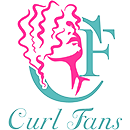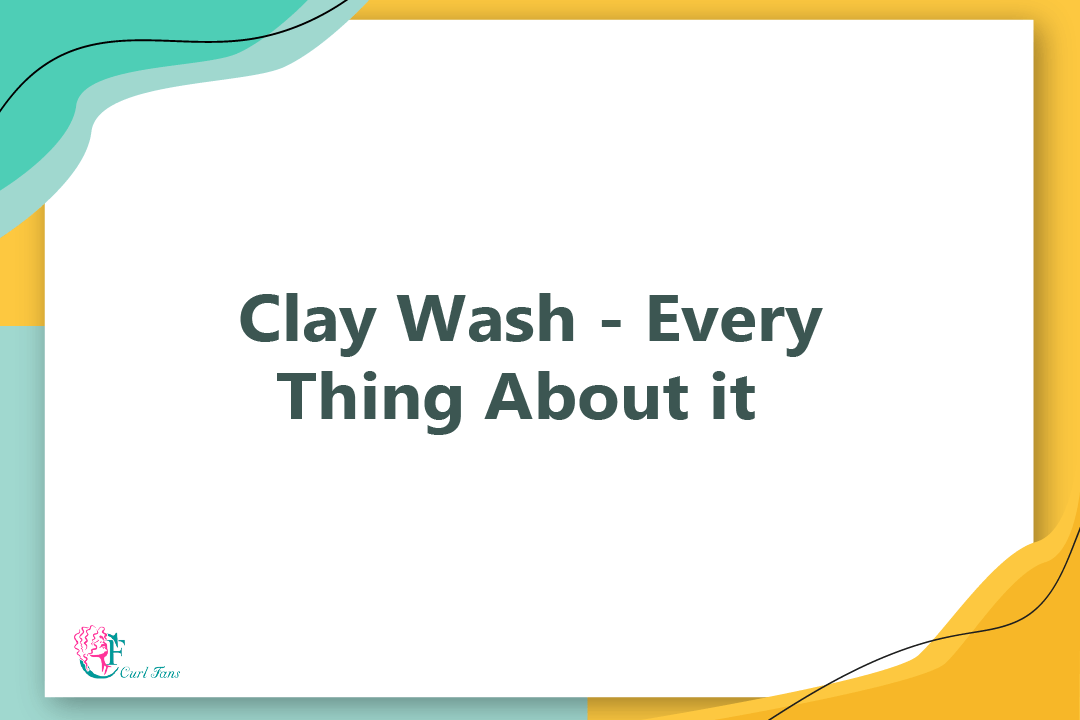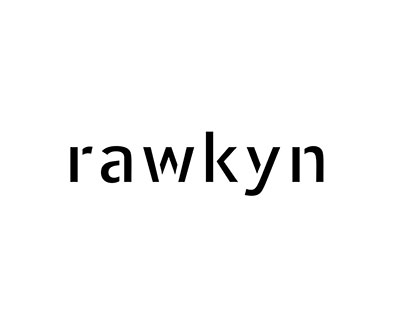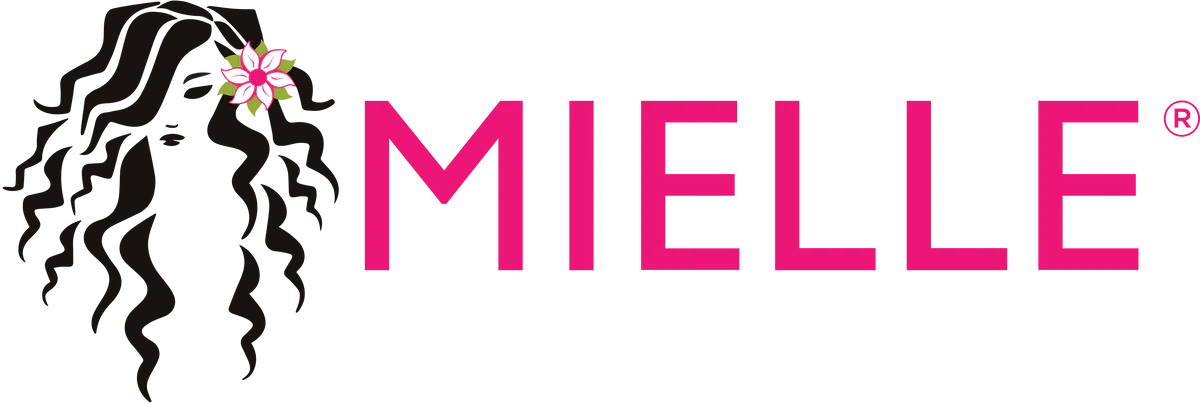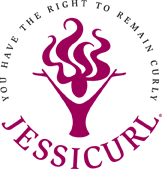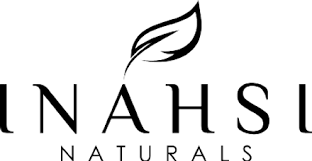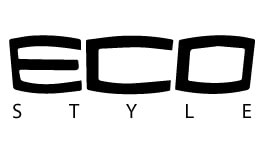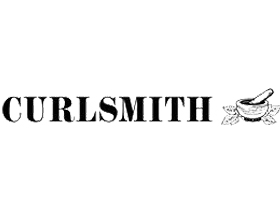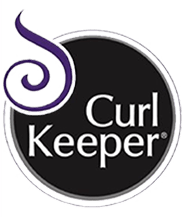What is the first thing that comes to your mind when you think about cleansing your hair and scalp? Is it shampoo or cleansing conditioner? Most likely, those are the first things that come to your mind when you think about cleansing, but in this post, we will talk about clay and clay wash. Clays are widely regarded as powerful cleaners. Clays are antibacterial, detoxifying, and helpful for removing oil from your hair and scalp. It is also known as a mud wash.
What Is Clay Wash?
Type 4 Kinky Hair is very fragile. Hair with tight curls and thick or coarse hair can be fragile by nature and prone to breakage. Thus moisturizing is essential for maintaining these natural locks. Clay hair masks and clay washing not only deep clean your hair and scalp but also condition your hair to help accentuate your natural curls. This natural material is rich in minerals and nutrients, which makes it suitable for many cosmetic purposes. Popular clay types are Rhassoul/Ghassoul, Bentonite, and Kaolin. You can use all of them for both a clay wash and a hair mask.
Types Of Clays:
Clay hair washing is becoming increasingly popular as more people shift to a natural hair care regimen to avoid harmful chemicals in commercial hair care products. There are many types of clay available on the hair care market, but there are three types most commonly used for cleansing natural hair:
Bentonite Clay
Bentonite clay or Montmorillonite clay is a mud-like substance that usually forms as a result of volcanic eruptions. It was discovered in Fort Benton, Wyoming. In addition to its high oil absorption, it is pliable and soft and it is a perfect therapeutic clay that can be consumed to detox and revitalize the entire body or applied topically to cleanse and detox the skin and hair. Even some moisturizers contain it to treat contact dermatitis. In addition to being highly absorbent, Bentonite Clay has a strong attraction to positively charged chemicals, toxins, and impurities. Because of this, Bentonite Clay is an excellent cleanser and detoxifier.
Benefits Of Bentonite Clay :
- Bentonite’s negatively charged surface attracts both positively charged deposits and toxins. Using it on your curls will result in thoroughly cleansed hair.
- Mineral elements, such as calcium, silica, iron, and potassium, contribute to the conditioning of the hair and the prevention of hair loss.
- Antimicrobial properties in Bentonite make it an effective hair and scalp treatment. You can use it if you suffer from dandruff, scalp fungus, or seborrheic dermatitis.
- With Bentonite Clay you can detangle your hair more easily, reduce frizz, define curls better, impart shine, and have more manageable hair.
Rhassoul Clay
Rhassoul clay is a type of stevensite rich in magnesium and contains other minerals. It is also known as ghassoul clay or red Moroccan clay.
The majority of what we know about rhassoul clay is anecdotal at the moment. However, due to its unique mineral composition, it does appear to have some healing properties. Moroccans have used this mineral clay for centuries to care for their skin and hair. The properties of Moroccan red clay make it a highly regarded beauty product due to its potent purifying and cleansing abilities and therapeutic benefits.
Benefits Of Rhassol Clay:
- In addition to gently cleansing the hair, Rassol Clay naturally replenishes protective natural oils in the hair and scalp. It also conditions your hair, so hair gets moisturized and softer after washing it.
- Using this clay after washing your hair eliminates the need for deep conditioning. It helps define and soften waves and curls while detangling natural hair.
- The Rhassoul clay treatment removes excess oil, opens clogged pores, and fosters healthy hair growth.
Kaolin Clay
From ancient China, kaolin clay has been used for centuries. Kaolin is often used in hair treatments as a powerful exfoliant and cleanser. Kaolin Clay has the lowest pH and the gentlest cleansing action among all clays, and unlike other clays, It removes impurities from the scalp and hair without removing natural oils and leaves your hair feeling soft. That’s why
it is an ideal choice for people with dry or sensitive skin.
Benefits Of Kaolin Clay:
- Clay cleans hair and scalp gently without excessive drying.
- Kaolin clay strengthens, improves elasticity, and repairs damaged hair.
- In addition to soothing the scalp, clay also helps treat dandruff and promotes hair growth.
How To Use Clay On Natural Curly Hair ?
There are several ways to incorporate clay into your hair care routine, and two of the most popular methods are clay washing and clay masks. You can use clay alone or you can combine clay with aloe vera, apple cider vinegar, or natural oils. In addition to clarifying your scalp, it may remove natural oils from your hair. Therefore, it is best to follow your clay treatment with a deep conditioning treatment. It’s important to note that clay wash does not require shampoo because it’s so cleansing. Clay, and especially bentonite clay, gives you a clean slate to use for your products. Because your products can reach the shaft more effectively after using the clay, they will work much better. Remember that always use a wooden or plastic spoon when you’re making your clay mixture because clay reacts to metal.
How To clay wash:
We’re using Flora & Curl Coconut Mint Curl Refresh Clay Wash for this method because it’s one of the most suitable products for those with curly and coily hairs.
Ingredients:
- 1/2 cup of bentonite clay powder
- 4 to 8 tbsp of water (depending on whether you add other liquids)
- 5 tbsp of optional unfiltered apple cider vinegar
- 3 tbsp of optional oils, such as coconut, castor, olive, or sweet almond oil
Directions:
Water activates Bentonite clay and attracts toxins for elimination. In addition, the water dilutes the clay a bit so you can apply it to your hair more easily. You can add a bit more water to the clay if it is too thick to apply. It is more beneficial to use warm water rather than hot water. Water and clay alone may not be enough for an effective hair mask. Oils and apple cider vinegar come in handy here. Using these ingredients may help balance out the acidity in your hair, leading to better shine and health. Apply the mixture to your scalp and hair, and make sure you cover your scalp all the way down to the hair ends.
Probable Side Effects Of Clay Wash:
Bentonite clay has few reported side effects. Before using the clay, test a small amount on your skin. Test the mixture on a small section of your skin for a day to see if any side effects occur. Unless you develop itching, redness, or a rash, you are likely in the clear. If you experience any side effects, stop using the mask. You should be extra cautious if you have sensitive skin.
Frequently Asked Questions About Clay Wash:
Clay bar it at least twice or three times a year. For instance, if you drive your car daily to work or do groceries, you can clay bar it as often as you like. There’s no problem if you do it at least three times every six months.
It is always advisable to layer hair clay. Use a small amount, about the size of a pea. You can add more later if you need more.
Mix some hot water with dish soap in a bowl. To grasp the clay, soak a washcloth in hot, soapy water. Massage the play dough with the washcloth until you see the dough dissolving. Repeat the process until you see no more dough.
You can use your hair clay to define the ends or slick back the top portion if you have long hair. Those with thick or wiry hair or those with a lot of hair benefit most from hair clay. To get the best results, apply it to damp hair.
If you have found this method beneficial for your hair, feel free to share them in the comments. This can be very useful for those who have your hair type. How often do you clay wash? Do you use cleansing products or home remedies? Share your experience using home remedies with clays with us in the comments.
